If there is no God, everything is permitted
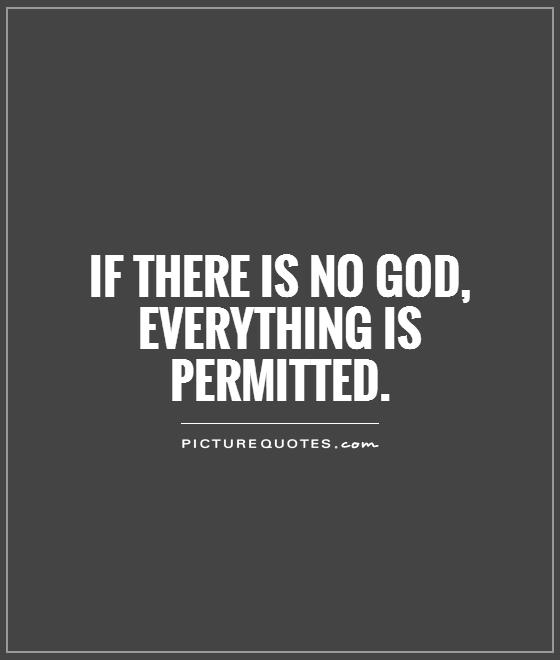
If there is no God, everything is permitted
Fyodor Dostoevsky, a renowned Russian novelist and philosopher, is often credited with the famous quote, "If there is no God, everything is permitted." This statement encapsulates the idea that without a higher power or moral authority to guide our actions, there are no inherent limitations on what we can do. In other words, without a belief in a divine being or a set of moral principles, individuals are free to act in any way they see fit, regardless of the consequences.Dostoevsky's words have sparked much debate and discussion among scholars and philosophers, as they raise important questions about the nature of morality and ethics. Some argue that without a belief in God, there is no objective basis for morality, and therefore, individuals are left to determine their own moral code. This can lead to a sense of moral relativism, where what is considered right or wrong is subjective and varies from person to person.
On the other hand, some believe that morality can exist independently of religion or belief in a higher power. They argue that ethical principles can be derived from reason, empathy, and a sense of social responsibility. In this view, individuals are capable of making moral decisions based on their own values and beliefs, without the need for divine guidance.
Dostoevsky's quote also raises questions about the role of religion in society and the impact of atheism on moral behavior. Some argue that belief in God is necessary to prevent moral chaos and ensure social order. Without a belief in a higher power, they argue, individuals may be more likely to engage in immoral or unethical behavior.
Overall, Dostoevsky's words serve as a thought-provoking reminder of the complex relationship between religion, morality, and ethics. They challenge us to consider the implications of a world without God and the role of belief in shaping our moral decisions. Ultimately, the quote forces us to confront our own beliefs and values, and to consider the consequences of a world where "everything is permitted."
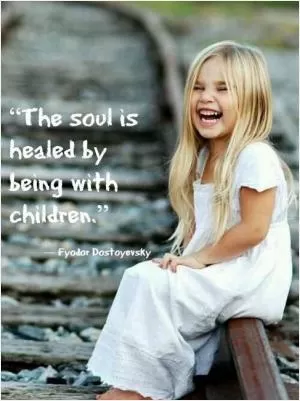
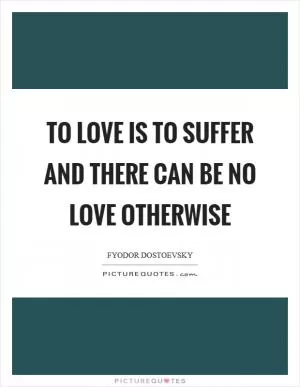
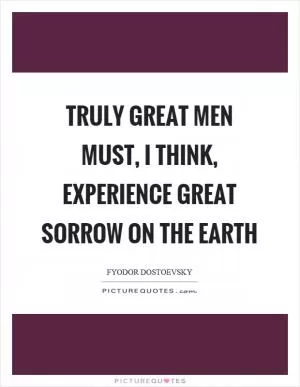
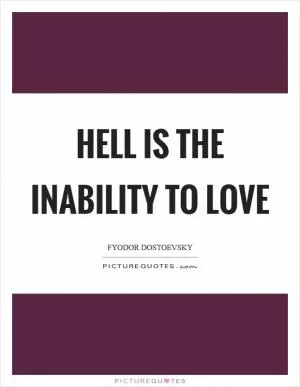

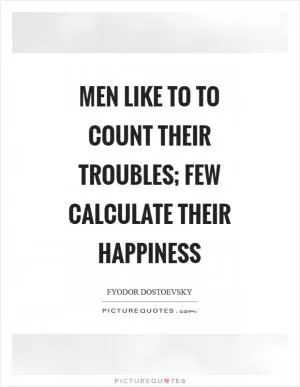
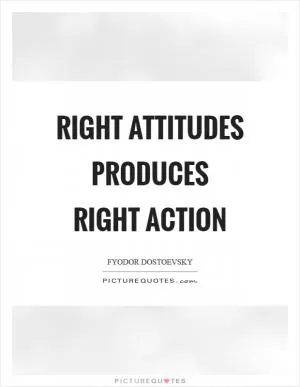
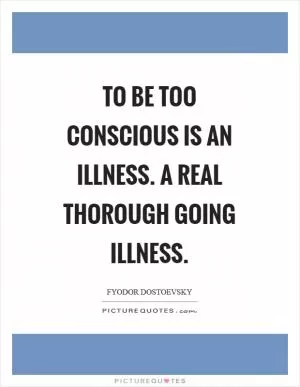
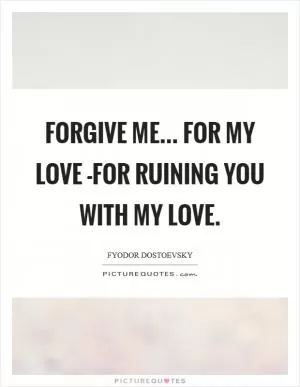

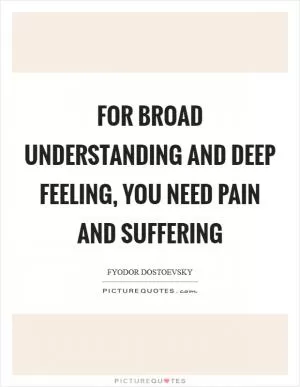
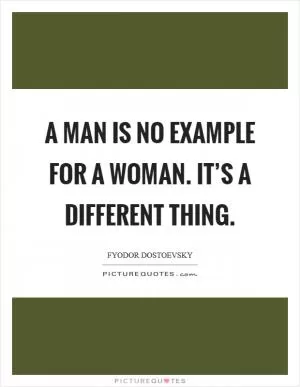
 Friendship Quotes
Friendship Quotes Love Quotes
Love Quotes Life Quotes
Life Quotes Funny Quotes
Funny Quotes Motivational Quotes
Motivational Quotes Inspirational Quotes
Inspirational Quotes